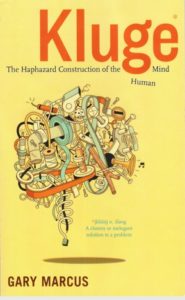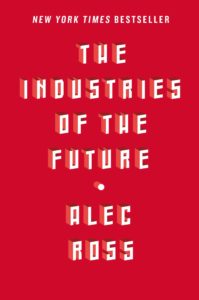The full, short paper is here. These are the suggestions I thought most relevant:
-Write for the busy reader who is easily distracted.
-Use the present tense for known facts and hypotheses. Use the past tense for describing experiments that have been conducted and the results of these experiments. Avoid shifting tenses within a unit of text (paragraph, sub-section or section).
-Use the active voice to shorten sentences.
-Eliminate redundant words or phrases. “Due to the fact that” becomes “because”.
-Write direct and short sentences. The average length of sentences in scientific writing is only about 12-17 words.
-Avoid making multiple statements in one sentence. Link sentences together within a paragraph to provide a clear story-line.
-Put statements in positive form. Use “He usually came late” instead of “He is not very often on time”.
-Provide a logical transition from one paragraph to another.
-Avoid using “this” unqualified. It’s not always obvious what “this” is.
-Avoid subjective or redundant words or phrases that will date the paper. Examples: “high resolution”, “new result”, “latest findings”.
-Avoid expressions of belief, instead giving logic as to why something will be true.
-Cross-reference equations, figures, and sections both by their number and by their name. I hadn’t thought about this and never do it. Use “as discussed in the methods Section 2” instead of “as discussed in Section 2”. Makes life easier for the reader.
-Allow the reader to digest a figure’s main points without reading the text. Figures should be able to stand alone.
-When editing, read your work as an interested and smart non-expert.

